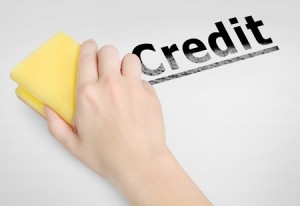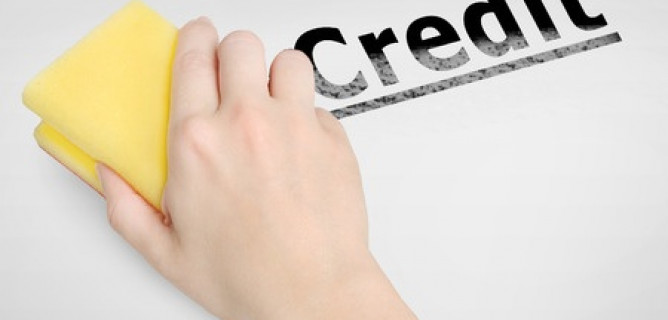 One of the questions most often asked about credit cards is how they can impact your credit score. With so many different types of credit cards now available, it’s no wonder consumers have lots of questions.
One of the questions most often asked about credit cards is how they can impact your credit score. With so many different types of credit cards now available, it’s no wonder consumers have lots of questions.
Here are five credit card best practices from VantageScore Solutions, the company behind the VantageScore credit scoring model, to help you pay down your outstanding debt and improve your score for the months ahead.
* Start small. One of the best ways to establish credit is to apply for a credit card with a low limit. Keep making on-time payments and your credit score is likely to improve. Once you have established a track record of managing your credit card account wisely, ask the card issuer for a larger credit line. Credit scoring models look at the total amount of credit you have available, so a higher limit can also have a positive impact on your credit score. In fact, if you manage your credit card properly the card issuer may increase your credit limit without even having to ask.
* Don’t charge more than you can pay off by the due date. This is perhaps the most obvious yet also most important credit card best practice. The average interest rate on credit cards is around 15 percent, which is probably going to be the most expensive debt you’ll ever carry, so maintaining a low balance each month helps to improve both your budget and your credit score. Remember the purchase you made with your credit card because it seemed like a good deal? Well, it ceases to be a great deal if you have to pay interest on it month after month. And the balance you have on your credit card can have significant negative impact on your credit score if it’s a large percentage of your total amount of credit available. VantageScore Solutions recommends keeping balances under 30 percent of the limit for any given card.
* Think of your credit score as a snapshot in time. If that snapshot includes a significant credit card balance, it could have a negative effect on your credit score. Remember to pay off your balance early, or at worst make significant payments in order keep the balance low if you expect your credit score will be pulled by a creditor and used to finance a purchase. Here’s a trick you can try to help improve your credit scores even more: Pay your credit card bill online even before you receive your statement. Or pay your bill down to zero or below 30 percent a few months ahead of the next time your credit is checked in anticipation, for example, of applying for a mortgage or financing the purchase of a vehicle. As long as you don’t charge anything new it will help to ensure a low balance on your credit reports, and will likely mean an improvement in your credit scores.
* Don’t open up multiple cards within a short timeframe. Each time you apply for a credit card a “credit inquiry” will be made with one or more of the three national credit reporting companies (Equifax, Experian and TransUnion). Each inquiry can cause your credit score to decline slightly, but it should recover to its previous level in a relatively short time, as long as you haven’t exhibited any other risky credit behaviors such as missing a payment. Credit score models generally do allow you to shop for the best rates for certain lines of credit, such as those for auto and home loans, so its ok to have multiple inquiries, as long as they occur within a two-week timeframe – and experts encourage shopping for the best loan terms, even if that means a short term impact on your credit score. Having said that, if you’re in the market for a large loan, like a car or home loan, it’s a good idea not to open any new accounts until you’ve closed on the loan.
* Hold on to your credit card for a while. The longer you have a credit card with consistent on-time payments, the better it is from a credit scoring standpoint. Credit scoring models like to see that you are a good credit manager over a long period of time. One common myth about credit scores is that they will improve if you close credit card accounts. Not only is that untrue, but closing unused credit card accounts could actually cause your scores to drop.
Buying a new home or car or taking out a loan to continue your education can be some of the most exciting financial decisions of your life, and also some of the most important. A strong credit score can mean the difference between receiving a great financing rate and no financing at all, so make sure your score is ready to help you when you need it most. To learn more about your credit score and how to improve it, visit yourVantageScore.com.
Test your knowledge about credit scores at http://www.CreditScoreQuiz.org, which was created by VantageScore Solutions along with its partner, Consumer Federation of America. Both the online quiz and a corresponding brochure are available in Spanish at www.creditscorequiz.org/Espanol.
Follow Us on Facebook – Twitter – LinkedIn– Google Plus


